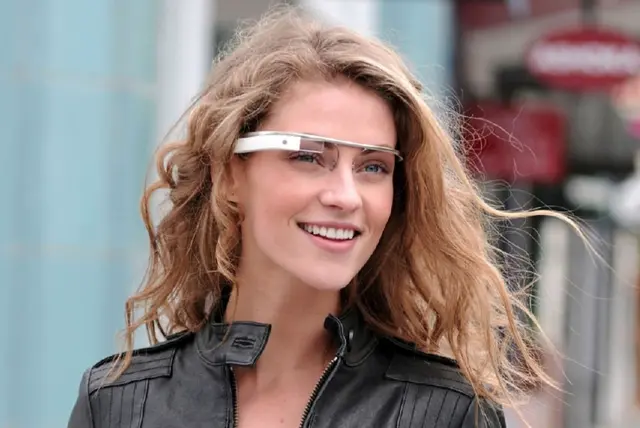Google Glass is back with a new edition, after its failure as a consumer product.
The first generation of the smart display and camera, unveiled in 2012, was initially feted by both the tech world and the fashion industry.
However, after going on public sale in 2014, Google Glass received tons of criticism and legislative action due to privacy and safety concerns. In January 2015, the company announced it would stop production, and Google Glass seemed a shattered dream.
Yet, Google Glass didn’t really die. Released on Tuesday, the second version of the electronic glass, named Glass Enterprise Edition, is focused on serving enterprises rather than individual consumers.
The enterprise version of Google Glass is a wearable computer for people to consult for information and other resources while their hands are busy. Users are supposed to be able to work in a more hands-free way by wearing the product, the company claimed.
Glass Enterprise Edition, released on July 18, 2017.
The major upgrades between the original Glass released in 2012 and the enterprise version are a camera with higher resolution (from five megapixels to eight megapixels), longer battery life, faster Wi-Fi and processor, and a new red light which indicates video recording, the Verge reported.
The new version of Google Glass has also been made modular in the shape of a so-called Glass Pod that can be detached and reattached to compatible frames, which can include things like safety goggles and prescription glasses, according to the Verge.
AGCO workers use Glass to see assembly instructions, make reports and get remote video support.
By using the new Glass, workers at AGCO, an agricultural machinery manufacturer in Jackson, Minnesota, have reduced machinery production time by 25 percent and inspection times by 30 percent, Google said. Workers don’t have to go back and forth to access checklists, view instruction manuals or send photos from tablets or laptops as they assemble machines, as they can do all the tasks with the help of Glass.
There are currently more than 50 businesses from various industries using Glass to assist their work, including AGCO, DHL, Dignity Health, NSF International, Sutter Health, The Boeing Company, and Volkswagen, Google detailed in a Medium post.
(CGTN)
 简体中文
简体中文

